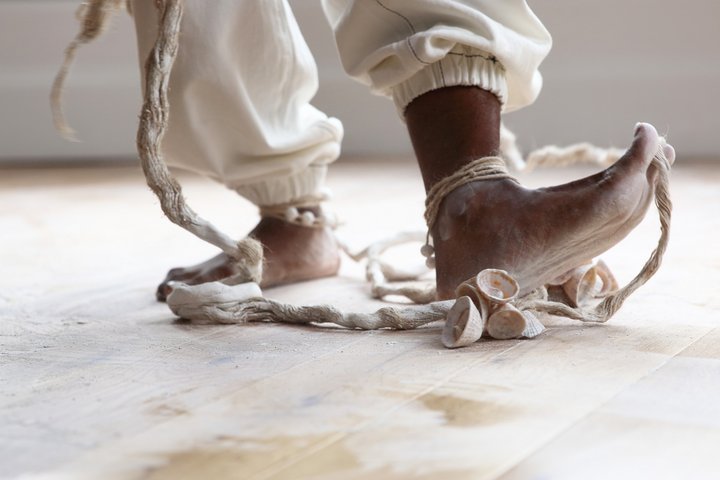Supported in 2020-1, programme continuing in 2022
Exploring how the state of being re-active is used as a theme in Black British performance art, not only as an act of agency and resistance but additionally as a creative catalyst in the form, process, intention and legacy of the works created.
The research group is led by Sabrina Henry (Assistant Curator, CCA Glasgow) and Ashanti Harris (Lecturer in Contemporary Performance, Royal Conservatoire Scotland).





